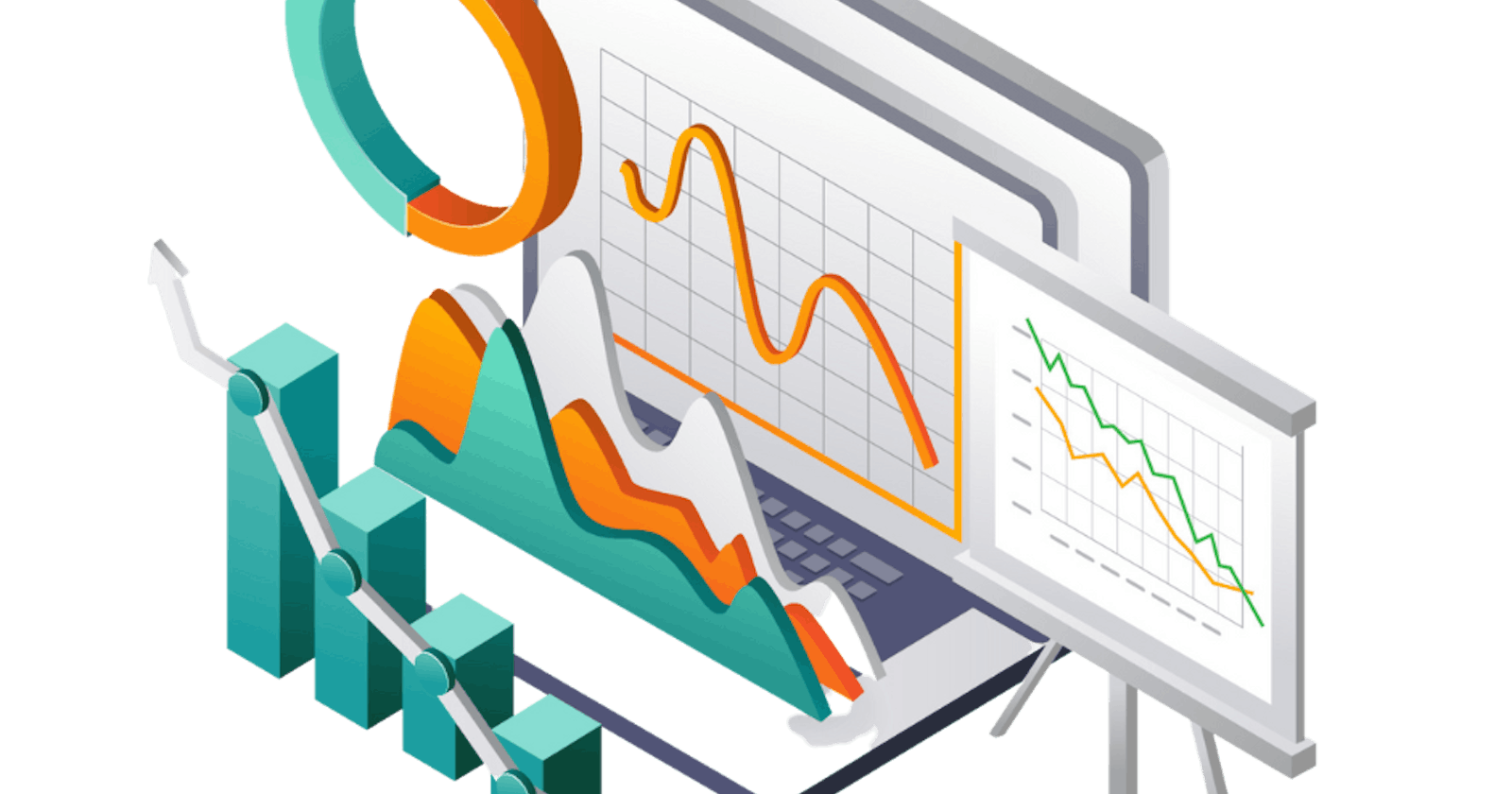What you need to know to get started as a Data Analyst
The very first basics you need to know in order to get started as a data analyst.
Table of contents
Introduction
As businesses increasingly rely on data to make informed decisions, the demand for skilled data analysts is on the rise. Data analysts are professionals who use their expertise in data analysis to provide insights and recommendations to businesses. If you're interested in becoming a data analyst, there are a few key things you need to know.
What you need to know
Understand the role of a data analyst. Data analysts are responsible for analyzing and interpreting complex data sets to identify trends, patterns, and insights that can be used to inform business decisions. They work with data from various sources, including customer data, sales data, and market data, to help businesses understand their performance and improve their operations.
Develop technical skills. To be a successful data analyst, you need to have strong technical skills. You should be proficient in programming languages such as SQL, Python, and R, and have a good understanding of statistics, data visualization, and machine learning.
Learn data visualization tools. Data visualization tools such as Tableau and Power BI are essential for data analysts. They allow you to create interactive dashboards and visualizations that help you communicate your findings to stakeholders effectively.
Gain experience with databases. Databases are where businesses store their data, so it's important to have experience working with them. You should be familiar with common database management systems such as MySQL, Oracle, and SQL Server.
Learn how to clean and transform data. Data cleaning and transformation are crucial steps in the data analysis process. You need to be able to identify and handle missing data, outliers, and errors, as well as transform data into a format that can be easily analyzed.
Understand statistical analysis. Statistical analysis is an essential part of data analysis. You need to have a good understanding of statistical concepts such as hypothesis testing, regression analysis, and machine learning.
Stay up-to-date with industry trends. The field of data analysis is constantly evolving, so it's important to stay up-to-date with the latest trends and technologies. You can do this by reading industry publications and attending conferences and webinars.
Develop soft skills. In addition to technical skills, data analysts need to have strong communication, problem-solving, and critical thinking skills. These skills are essential for working with stakeholders and presenting your findings effectively.
Build a portfolio. Building a portfolio of data analysis projects can help you demonstrate your skills to potential employers. You can showcase your projects on platforms such as GitHub and Kaggle.
Pursue certifications and training. There are a variety of certifications and training programs available for data analysts. These programs can help you develop your skills and demonstrate your expertise to potential employers. Some popular certifications include the Certified Analytics Professional (CAP) and the Microsoft Certified: Azure Data Scientist Associate.
Conclusion
In conclusion, becoming a data analyst requires a combination of technical and soft skills, as well as ongoing learning and development. By following these tips and continually building your knowledge and expertise, you can position yourself for success in this exciting and growing field.
Resources:
Udacity Data Analyst Nanodegree: https://www.udacity.com/course/data-analyst-nanodegree--nd002
DataCamp: https://www.datacamp.com/
Coursera Data Analysis and Interpretation Specialization: https://www.coursera.org/specializations/data-analysis
Tableau: https://www.tableau.com/
Power BI: https://powerbi.microsoft.com/en-us/
GitHub: https://github.com/
Kaggle: https://www.kaggle.com/
Certified Analytics Professional (CAP): https://www.certifiedanalytics.org/
Microsoft Certified: Azure Data Scientist Associate: https://docs.microsoft.com/en-us/learn/certifications/azure-data-scientist/ 10

